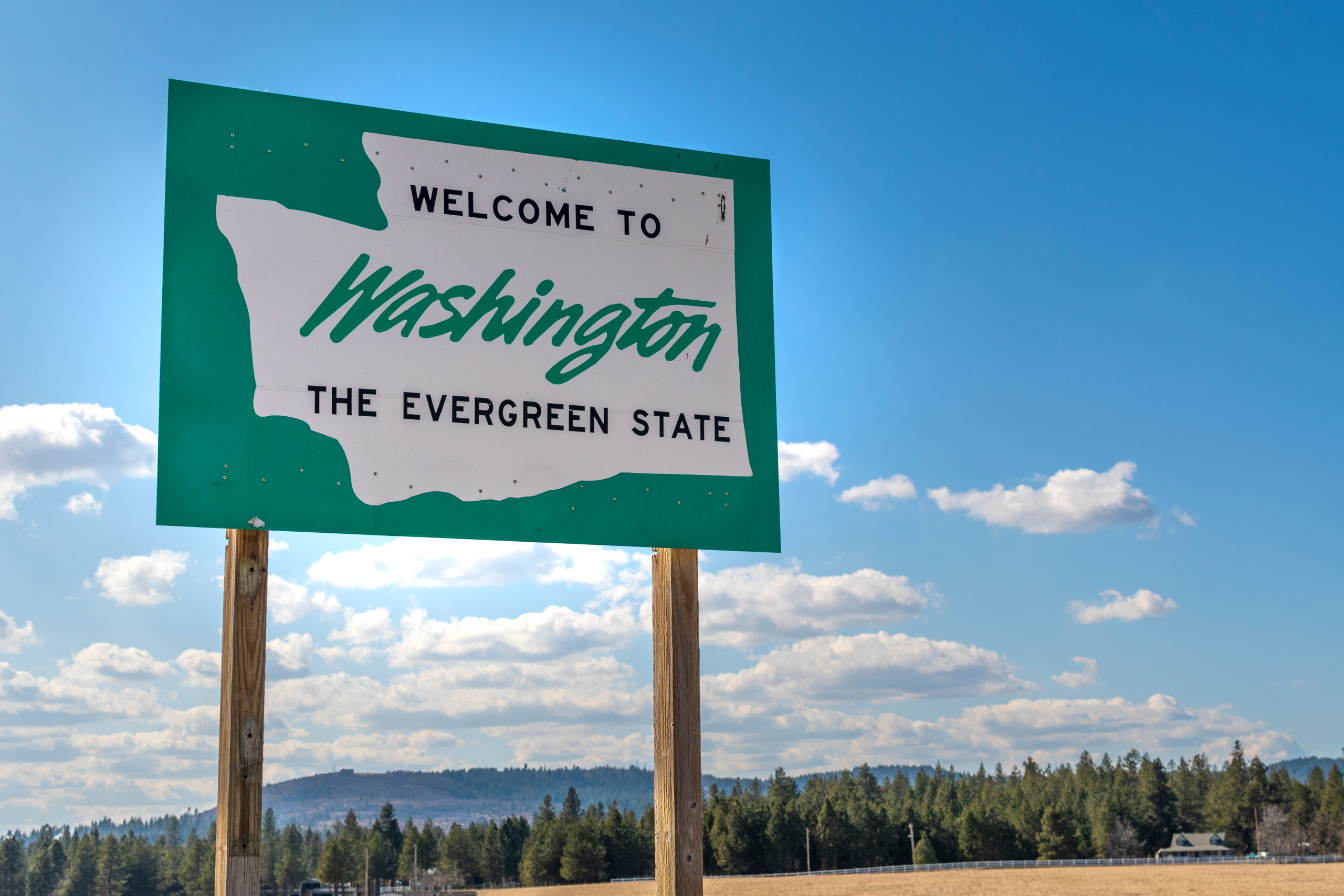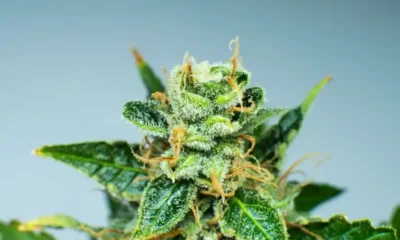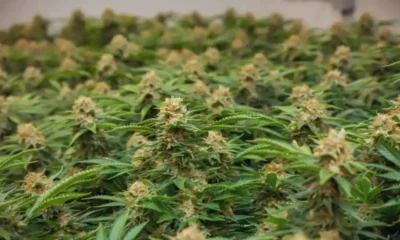Connect with us
Published
2 years agoon

As year-end analyses roll in, we can start to gauge the year-over-year growth of cannabis sales in states across the country, with trends continuously reaching upward. We’re also seeing some data from previous years for the first time, including Washington’s adult-use cannabis industry, which generated more than $1.4 billion in revenue in 2020 according to a first-ever economic analysis of the market.
Seattle-based High Peak Strategy conducted the study, commissioned by the Washington CannaBusiness Association (WACA), nine years after voters legalized the commercial market in the state. The report looked at the economic impact of adult-use cannabis in Washington, finding it has resulted in 18,360 jobs, $876.5 million in labor income and $2.7 billion in revenue.
The firm also counted more than 1,600 businesses holding 2,795 cannabis licenses in 2020, and tax revenue totaled $695.4 million.
Washington is a pioneer state of sorts, as it became one of the first two states, alongside Colorado, to legalize recreational use of cannabis when voters passed Initiative 502 on November 6, 2012.
While the report notes some boastful figures, and a 23 percent annual revenue growth between 2015 and 2020, the state’s excise tax rate of 37 percent on adult-use cannabis is the highest excise tax in the U.S., according to High Peak Strategy Founder and Principal Spencer Cohen. Cohen said the average tax rate—including excise, state and local taxes—comes to a whopping 46.2 percent, which sometimes pushes consumers back to the illicit market.
This ultimately affects business owners too, as many express concerns surrounding the high tax rates and state regulations, specifically surrounding their ability to scale up, according to Cohen. The state’s residency requirement also inhibits outside investment but can cause issues surrounding business owners’ access to capital.
“While Washington was a first-mover in the legalization of recreational cannabis, in the view of many businesses interviewed for this study, it has since fallen behind other states in areas of regulation and taxes to support the statewide industry,” Cohen wrote.
WACA Executive Director Vicki Christophersen said the research will be useful in educating lawmakers and will “hopefully help everybody understand who we are and the contribution we make.”
Another report from the Marijuana Policy Project (MPP) looking at cannabis sales since 2014 found that Washington has garnered more than $3 billion in tax revenue alone between June 2014 and October 2021. For every $1 billion in revenue collected from taxes, nearly $600 million goes toward public health initiatives, including a fund providing health insurance for low-income families.
“States that have legalized cannabis for adults are reaping significant economic benefits,” said Karen O’Keefe, MPP’s director of state policies, in a press release. “The legal adult-use cannabis industry has now generated over $10 billion in new tax revenue, and in many instances that revenue is being distributed to much needed public services and programs, including reinvesting in communities that were devastated by the war on drugs. This is in stark contrast to prohibition, which costs taxpayers billions of dollars each year to enforce.”
Washington state also collected an estimated $480.9 million in cannabis tax revenue through the first nine months of 2021, not counting millions more in local taxes levied by cities and towns where recreational cannabis is sold. And it is clearly growing, with the 2020 figure showing an estimated $614.5 million in cannabis tax revenue, sitting at $477.3 million the previous year. The MPP report also notes that Washington has collected a higher amount of tax revenue from legal cannabis than the state collected from alcohol in those two fiscal years.
While Christophersen references the high tax rate as a positive for generating state revenue, she noted that “it becomes very burdensome to the industry” and threatens long-term business sustainability.


Congressional Progressive Caucus Says Dems Can Legalize MJ By Winning House, Senate Majorities This November


Cannabis Industry Has 440,000 Full-Time Workers


Federal Register Proposes Adding Fentanyl, Removing MDMA From Drug Testing Panels


Feds File Charges Against Maine Weed Grower After Probe Spanning 20 States


The Cannabis Market Is Booming in Japan


German Authorities to Ban Cannabis Smoking, Vaping at Festivals Including Oktoberfest
